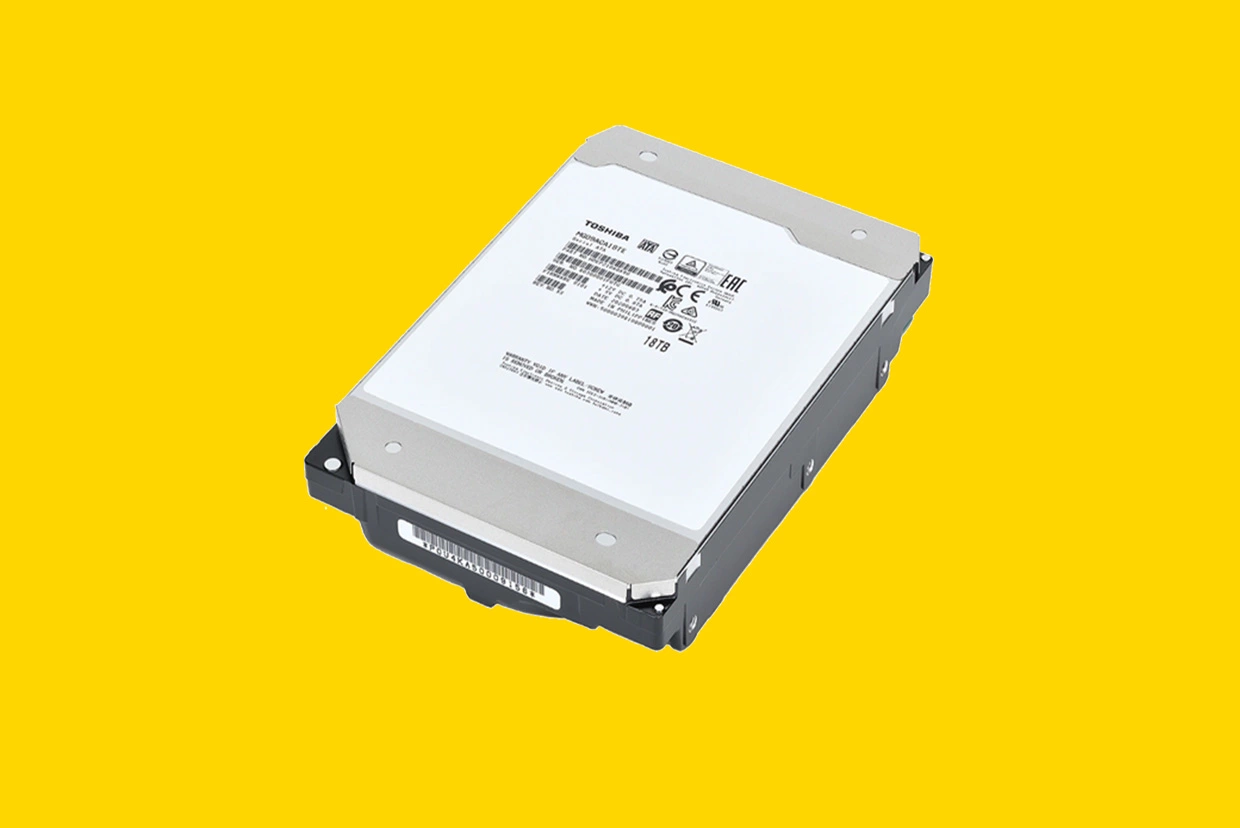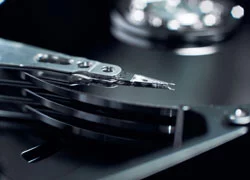Helium Hard Drive - Evolution in conventional HDDs
The Helium Hard Drive, also known as a helium-filled HDD, is a type of hard drive which uses helium instead of air inside the device to reduce resistance and optimize data storage. It is a significant technological evolution compared to traditional hard drives.
Filling an HDD with helium, rather than oxygen or air, offers significant advantages due to helium's physical and chemical properties:
- Lowest Density: Helium is less dense than air or oxygen. This reduces the resistance of the rotating disk inside the HDD, reducing friction and allowing the disks to move with less effort. Less resistance means less energy needed to keep the discs moving, which results in lower power consumption and less heat generated.
- Wear Reduction: Because helium is lighter, there is less wear and tear on the HDD's internal components. This can lead to longer device life and greater reliability.
- Increased Storage Capacity: Helium's low density allows for more disks to be placed in a similar space. This results in a greater storage capacity compared to air-filled HDDs.
These characteristics make helium a superior choice to oxygen or air for filling HDDs, especially when seeking greater data storage efficiency, capacity, and reliability.
Some models of helium-filled hard drives:
- Seagate Exos X18: Seagate is one of the manufacturers that offers high-capacity helium-filled hard drives, such as the Exos X18 line, which features models of up to 18TB, known for their efficiency and performance.
- Western Digital Ultrastar DC HC500:Western Digital (WD) has its Ultrastar DC HC500 line, offering helium hard drives for corporate use, with capacities reaching up to 20TB, aimed at demanding applications.
- Toshiba MG08: Toshiba offers the MG08 series, also filled with helium, featuring high-capacity hard drives for mass data storage, with models ranging up to 16TB.
While they offer significant advantages, failures can occur in a similar manner to traditional disks, although the sealed environment presents additional challenges for data recovery in the event of failure.







